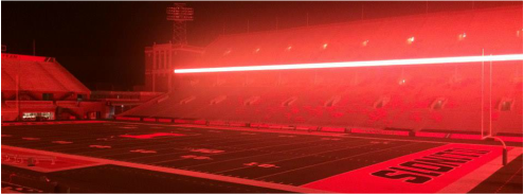|
by Jack Kerwin | [email protected]
It’s the block that sets him apart. From contemporaries. From fellow all-time greats. From everyone. At a time with tension highest, his energy lowest and the game, the championship and his already debated reputation on the line, LeBron James somehow summoned a superhuman burst Sunday night to salvage the 2016 NBA Finals for the Cleveland Cavaliers. Oh, sure, Kyrie Irving later delivered the winning shot and James himself added an insurance free throw to secure the four-point victory in Game 7 against the Golden State Warriors. But it was that block, that jet-propelled. run-jump-swat that began beyond halfcourt and ended with cat-quick Andre Iguodala wondering how the heck his driving layup attempt hadn’t given the hosts a lead with 1:50 remaining in a nail-biter that had been deadlocked at 89-all for almost three minutes. Hey, he may never become Michael Jordan in the clutch with a basketball in his hand or Kobe Bryant as cold-blooded at crunch time or any other talented soul who has had the innate ability to routinely twinkle the twine at the most critical junctures or even the ego-driven focus to want to do that, but, you know what, he doesn’t have to … He’s great in his own way – which is entirely unique to him. Put it this way, no way, now how MJ or Mamba or anyone else makes that play on Iggy. Especially not in the 47th minute of a contest after carrying a team for the first 46, allowing for a whole 1 minute of rest coach Tyrone Lue deemed “max” for his star in this one. Sorry, just no way. He is the most complete package the league has ever seen. That’s what makes him so special. That’s what makes plays like that block, not to mention the 26-foot 3-pointer he buried with 4:52 remaining to give the Cavs an 89-87 advantage, happen. That’s what allowed Cleveland to become the first team in NBA history to rally from a 3-1 deficit to win a championship series. Bottom line, he’s now 3-4 in title efforts. It doesn’t match Jordan (6-0) or Bryant (5-2) or even come close to the guy jawing in his ear postgame in Oakland, Bill Russell, who went 11-1 while spearheading the Boston Celtics juggernaut of the late 1950s through the entire 1960s. Bottom line, he’s never going to catch Russell … but he has a chance to pull even with Kobe and possibly Michael in the silly, “it’s all about championships won” category when judging individual greatness in a team sport. Don’t think so? Well, keep this in mind. James is 31 … and has the same amount of titles as Jordan at the same age … and he doesn’t appear to be slowing down physically. By the time Jordan returned from a year off playing baseball and a year working out the kinks, he was 32 and while still athletically electric, he wasn’t quite as athletically electric as he had been. He remained a dominant scorer, but not the dominant all-around performer he had been. James? Yo, dude just played arguably his best Finals yet, averaging 29.7 points, 11.3 rebounds, 8.9 assists, 2.6 steals and 2.3 blocks for seven games. Frankly, if you wanna keep it real, he’s played in six straight title series and been – without question – the best player in five of them despite only receiving three Finals MVP awards, including Sunday night. His teams may have only split crowns during that run, but he ruled the court. Only a subpar effort in 2011 would constitute a true “failure” along those lines, with Finals MVP honors going to Dallas power forward Dirk Nowitzki and James performing, at best, in a secondary role to Miami teammate Dwyane Wade. Fueled by that lackluster display, James hasn’t played a supporting role ever again. He just tends to star in different ways, showing a depth and range that somehow has escaped so many in terms of appreciation. No doubt, he stands apart. He always will. |
LEGEND GROWING?
The following is a breakdown of LeBron James’ performance in NBA Finals competition:
2007
In a 4-0 series loss to San Antonio with Cleveland, averaged 22.0, 7.0 rebounds and 6.8 assists. Spurs PG Tony Parker (24.5, 5.0 and 3.3) won the MVP award. 2011 In a 4-2 series loss to Dallas with Miami, averaged 17.8 points, 7.2 rebounds and 6.8 assists. Mavericks PF Dirk Nowitzki (26.0, 7.0, 2.0) won the MVP award and teammate Dwyane Wade (26.5, 7.0, 5.2) sparked the Heat. 2012 In a 4-1 series victory against Oklahoma City with Miami, averaged 28.6 points, 10.2 rebounds and 7.4 assists en route to grabbing his first NBA Finals MVP award. 2013 In a 4-3 series victory against San Antonio with Miami, averaged 25.3 points, 10.3 rebounds, 7.0 assists and 2.3 steals en route to grabbing his second NBA Finals MVP award. 2014 In a 4-1 series loss to San Antonio with Miami, averaged 28.2 points (while shooting .571 FG), 7.8 rebounds, 4.0 assists and 2.0. Spurs SF Kawhi Leonard (17.8, 6.4 and 2.0) won the MVP award. 2015 In a 4-2 series loss to Golden State with Cleveland, averaged 35.8 points, 13.3 rebounds and 8.8 assists. Warriors SF Andre Iguodala (16.3, 5.8 and 4.0) won the MVP award. 2016 In a 4-3 series win against Golden State with Cleveland, averaged 29.7 points (while shooting .494 FG), 11.3 rebounds, 8.9 rebounds, 2.6 steals and 2.3 blocks en route to grabbing his third NBA Finals MVP award. |
|
0 Comments
Leave a Reply. |
CategoriesArchives
November 2022
Best of 2018Best of 2017Best of 2016Best of 2015 |
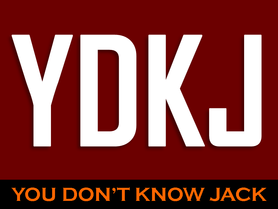
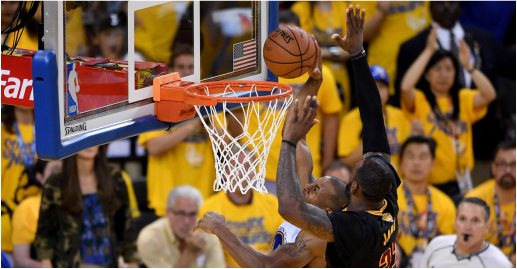
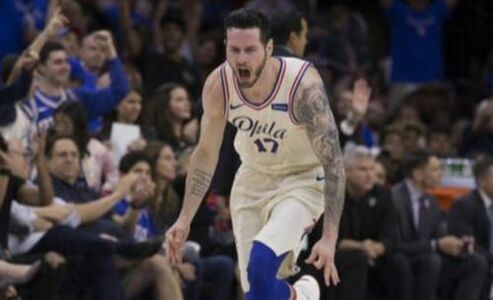
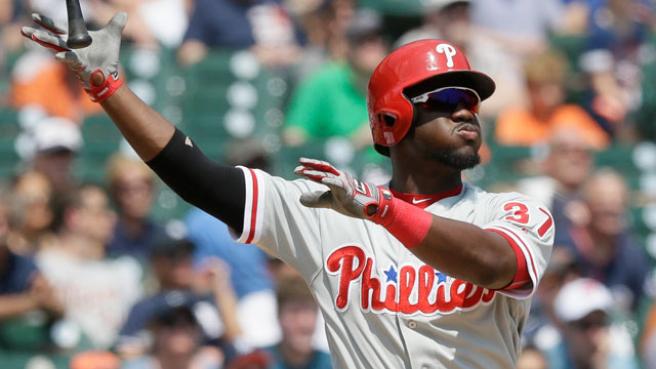
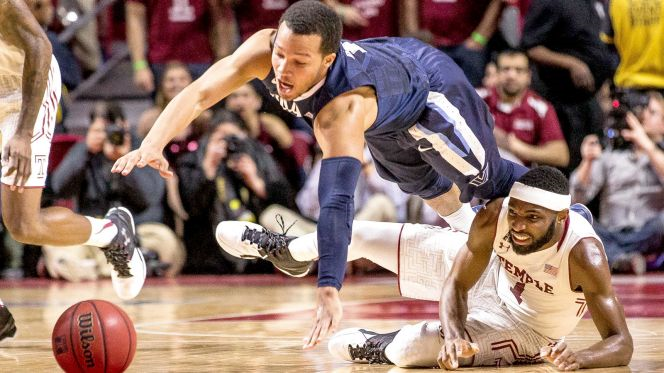
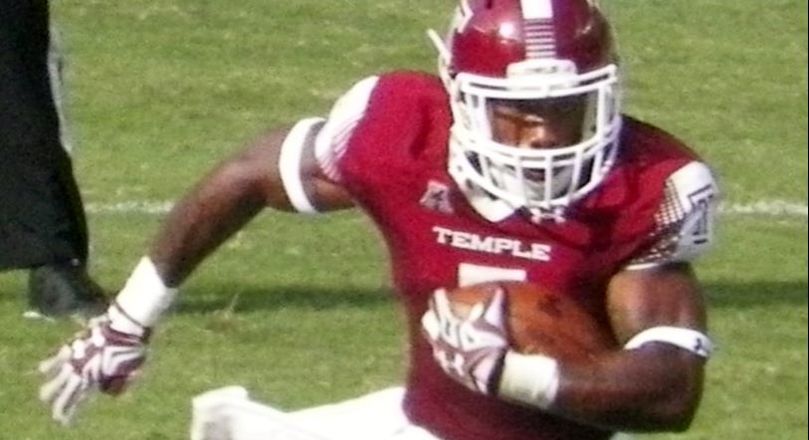
 RSS Feed
RSS Feed

